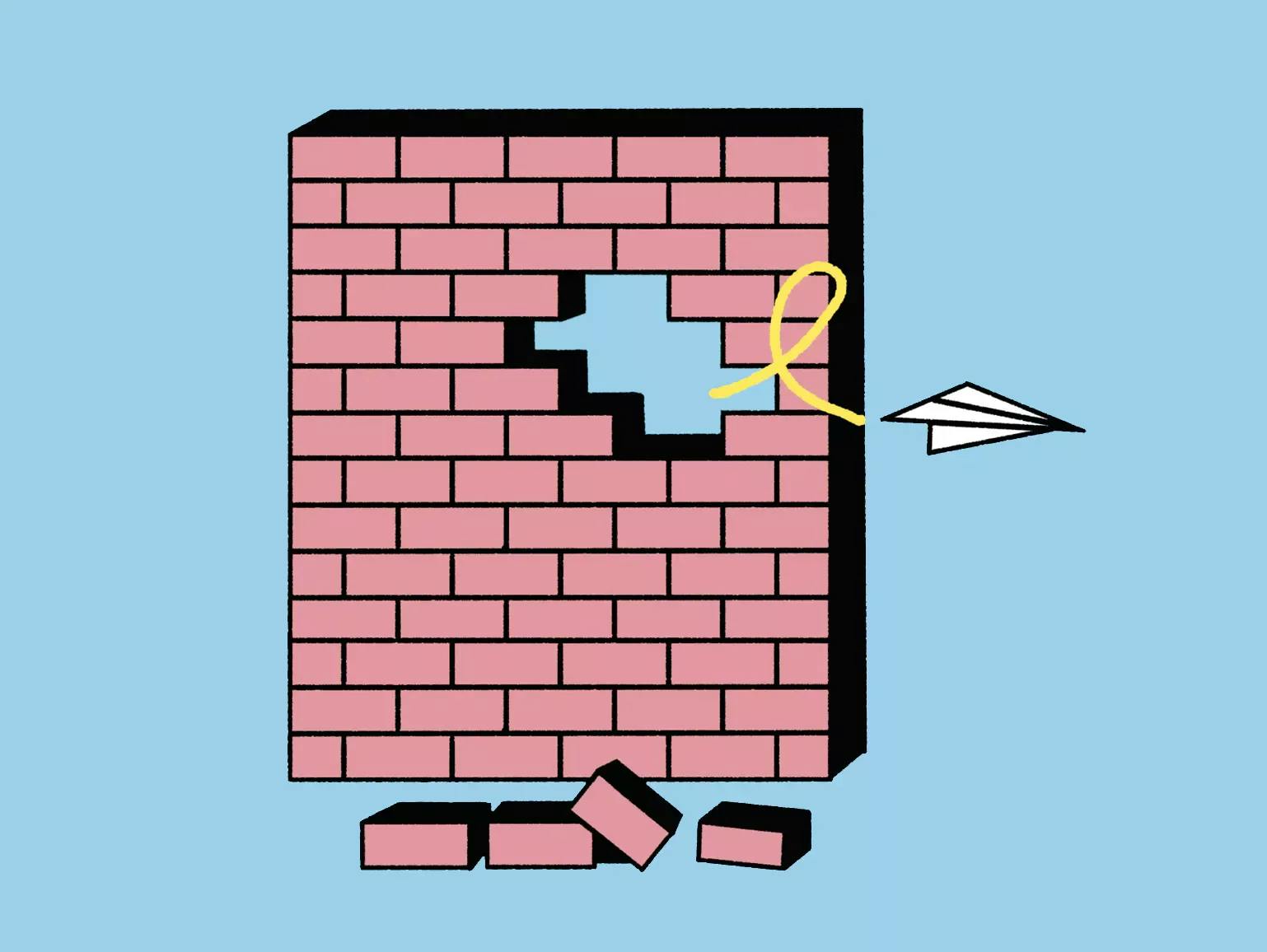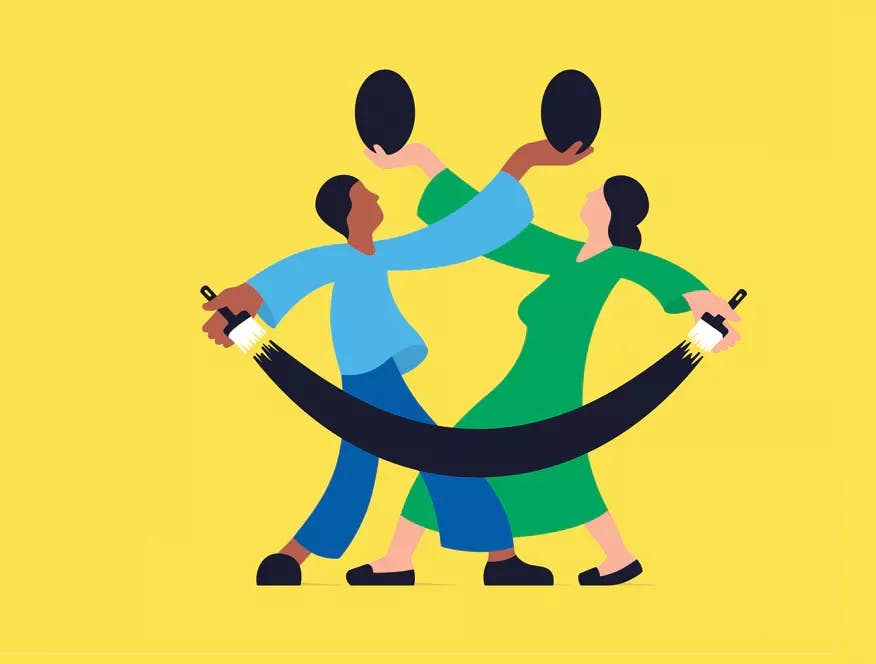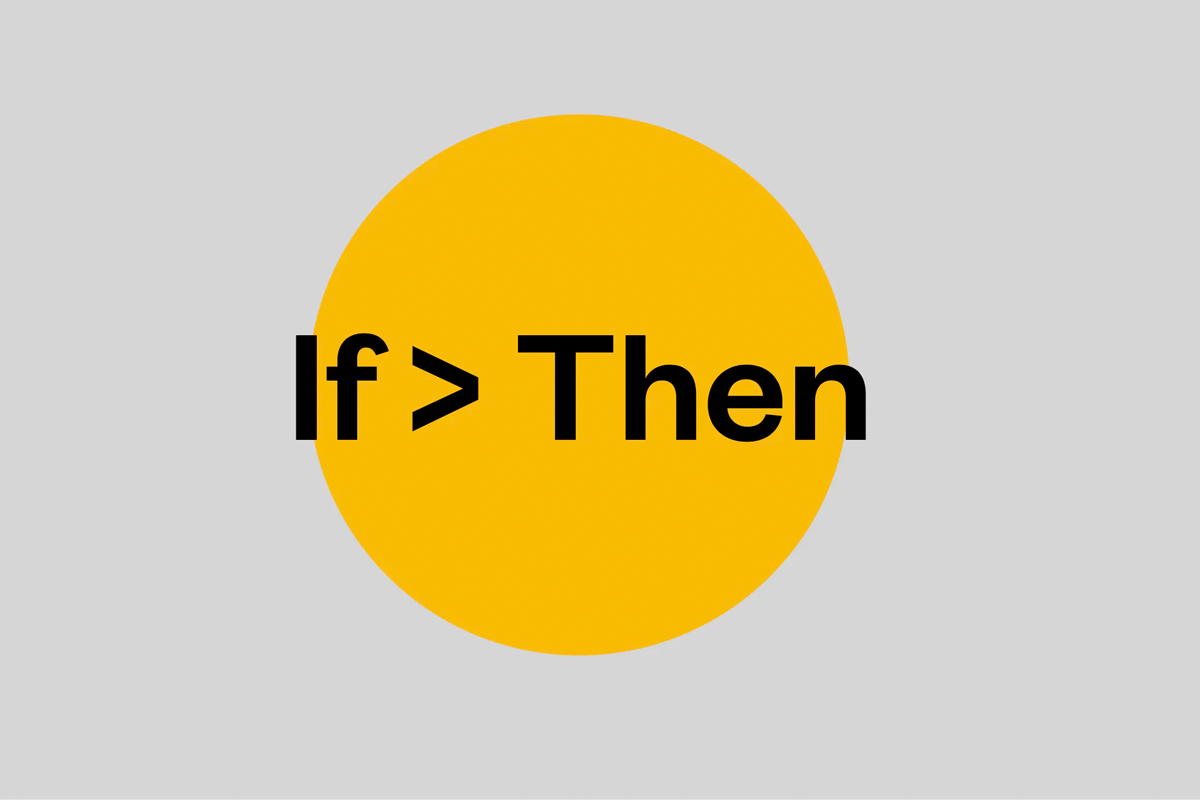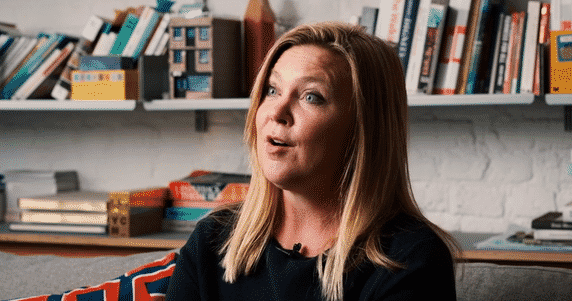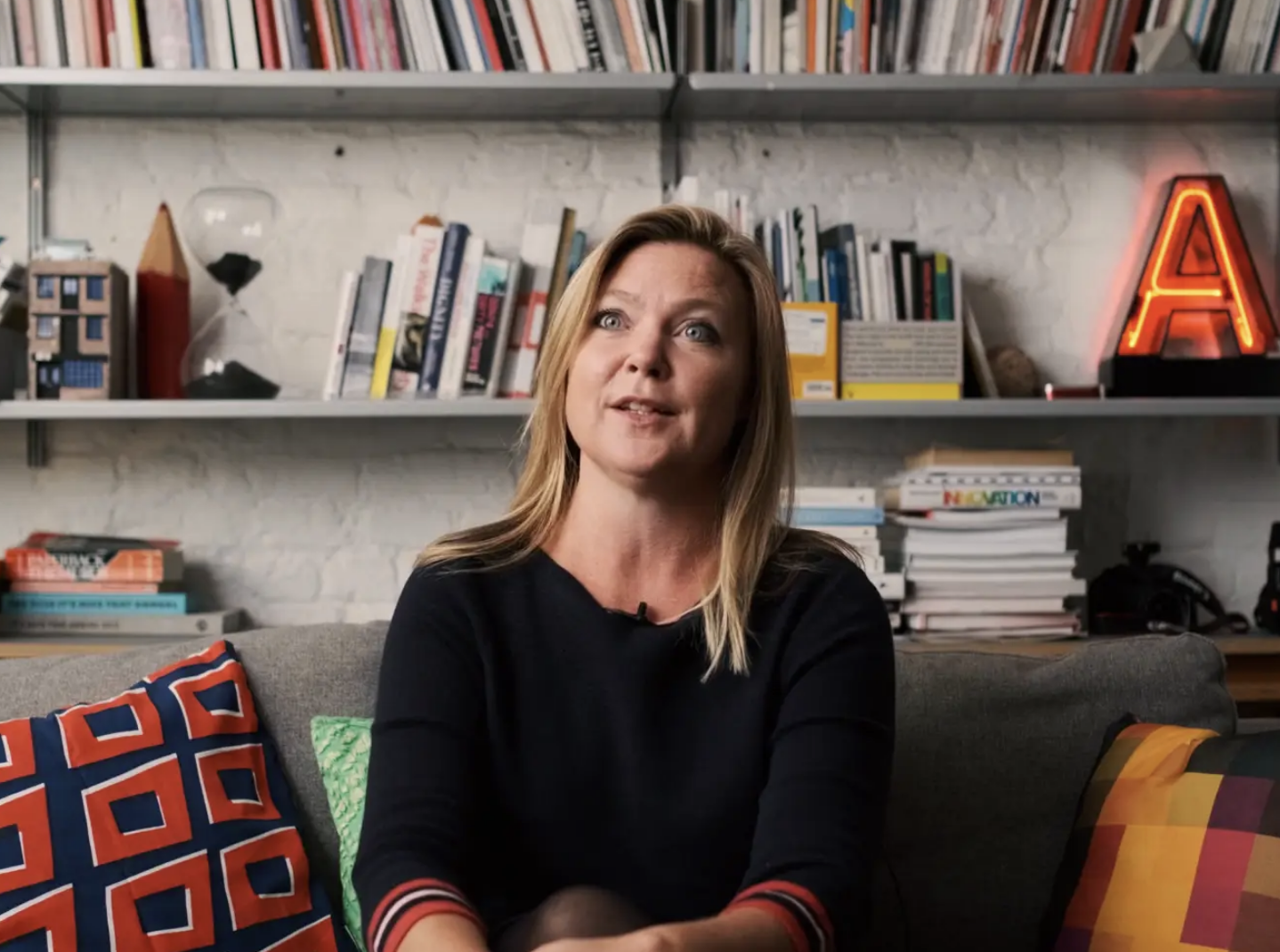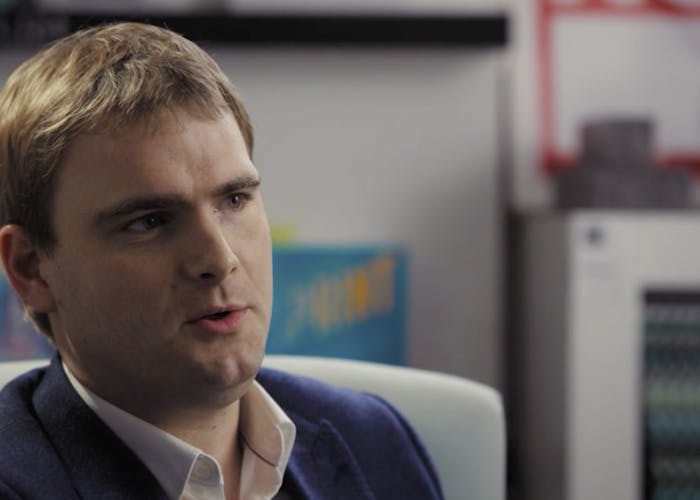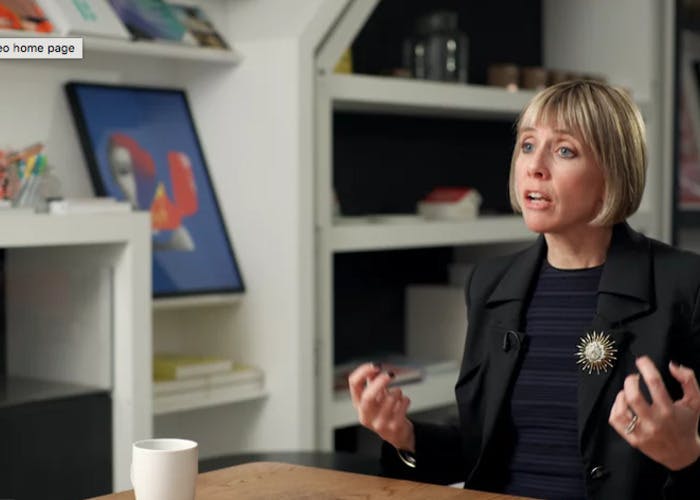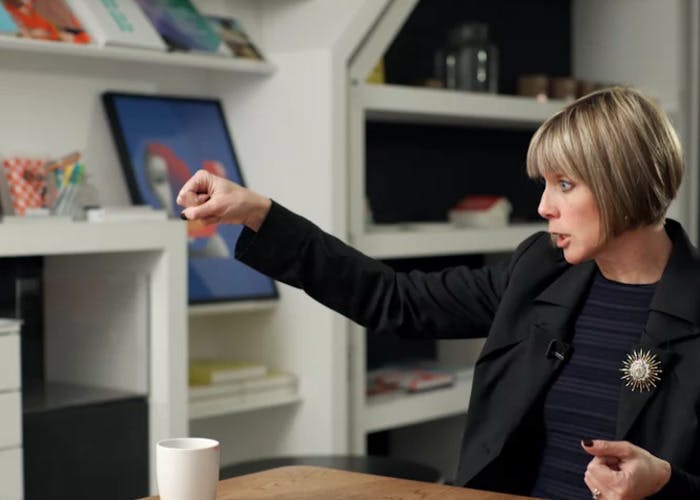Watch Sheila Heen explain why we need to be regularly asking for feedback, and what stops us from doing so.
"We all have blindspots. Actually, I don't have blindspots, but I know that you all have blindspots. This is the nature of blindspots."
KEY TAKEAWAYS
In all of Heen's work studying the many reasons why people readily dismissed feedback, she discovered that they all tied into three fundamental 'triggers': The 'truth trigger,' (the feedback was falsely observed) the 'relationship trigger,' (a lack of credibility in the person giving the feedback) and the 'identity trigger,' (it rocked our sense of self).
The problem, according to Heen, is that when triggered, "we usually decide to dismiss feedback too soon." We need to slow down, allow our emotional reaction to pass, and then begin to learn from it. She advises us to pause, acknowledge that the feedback has been given, and (if we're feeling not quite right about what we're hearing) to use curious questions to 'separate the data from the interpretation'.
👉 In our bitesize Owning Feedback course we experiment with some scenarios around these triggers for a better handle for how to deal with them. Find coming dates here.
Part of what makes feedback so difficult to navigate is how inundated we are with it every day: comments made in passing, 'helpful,' advice from a friend or a relative, the list goes on. Most of it, we need to dismiss to protect our self-esteem and keep a clear head, but should we choose to listen to it we must understand our own wiring.
Our baseline (the emotional root state we gravitate back towards) our swing (how far off of our baseline we're thrown when we receive feedback) and our sustain/recovery (how long it takes for us to return to our baseline) all play important roles in how we receive feedback. Awareness of our own profile is important to help us understand why we're having the reaction we're having, and to slow our brains down in order to learn.
👉 It's also important, when asking for feedback, to be specific. Avoid open questions that have the potential to overwhelm to person asked such as "How was my presentation?" Instead, try "What's the one thing you think I can do to improve my presentation next time?" A participant in a workshop once shared how they would notify colleagues in advance of when they'd be asking them for specific feedback, along the lines of "I'd love some feedback on the pace of my delivery in the presentation, as I've been told before that I tend to speak quickly in front of clients. Could you observe this for me this afternoon, and let me know some feedback afterwards?"
People who actively seek out feedback as a launchpad to improve themselves have higher rates of job satisfaction, adapt more quickly to new roles and consistently score higher on performance reviews, but that doesn't make the process any less daunting or painful. Recognising, and working on, your own shortcomings can be terrifying, so why can't we have a pain free learning system?
"How many of you would say that some of the most important things you've learned in life have come from some of your most painful experiences?" asks Heen. Feedback, both giving and receiving, can never be without pain, but the goal is to learn to understand and manage the pain. That way, "we can get to the learning faster."
👉 Find your regular rhythm for requesting feedback. And make recognition a ritual in your relationship with others. As Sheila Heen shows us in her brilliant book Thanks for the Feedback, the more we give it, the more we will receive it back.
"Feedback is really our relationship with the world, and it's the worlds relationship with us."
GOOD TO KNOW
In this Knowledge Project podcast with Farnam Street, Sheila dissects conversational contexts and shares some practical insights to help us reframe the idea of 'difficult' and ensure that effective communication takes place.
As well as our Owning Feedback course, there's lots of ripe and lateral ideas to explore around communicating confidently with others in its counterpart Courageous Conversations. Find dates for both here.
This 15 minute eCourse included lots of practical nuggets drawn from Sheila's thinking.
